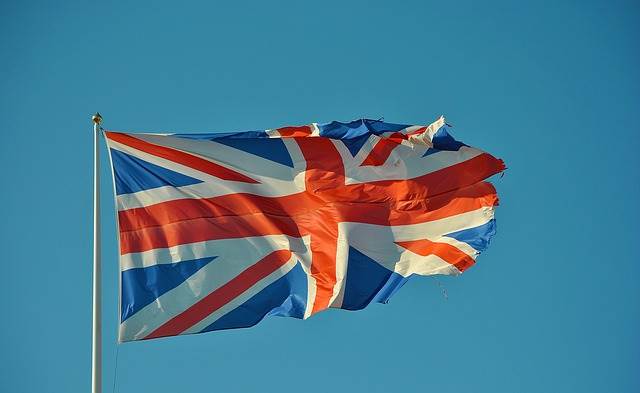 As Boris Johnson takes over as PM, he is threatening/promising to leave the EU on 31/10/19 with or without a deal “do or die”. Mr Johnson has a great fondness for rhetoric – much of it is empty though. His solution to the Brexit impasse is that the UK must find its “can do” spirit and be more optimistic…
As Boris Johnson takes over as PM, he is threatening/promising to leave the EU on 31/10/19 with or without a deal “do or die”. Mr Johnson has a great fondness for rhetoric – much of it is empty though. His solution to the Brexit impasse is that the UK must find its “can do” spirit and be more optimistic…
As Johnson takes power, it is worth reporting that the Office of Budget Responsibility (OBR) is assuming that leaving the EU without a deal will plunge the UK economy into recession. A consequence of this would be that public sector borrowing would more than double to £60 billion a year from its estimate of £29.3 billion should the UK leave with a deal (and therefore a transitional period).
The OBR’s first “no deal” assessment is based on IMF projections which predict a 2% shrinkage of GDP in 2020 before a return to growth in 2021. It is based on an assumption of an average tariff level of 4% for goods traded with the EU (which may please Mr Johnson for being a tad too optimistic) up from the current level of zero percent since the UK is a member of the Single Market which is (amongst other things) a zero tariff free trade area. The IMF is further optimistically assuming that there will be no border disruption, but anything that disrupts the very streamlined handling of freight through UK ports (notably Dover) will produce severe knock-on effects.
In its report, the OBR notes that:"… heightened uncertainty and declining confidence" would deter investment, while higher trade barriers with the EU would "weigh on exports. Together, these push the economy into recession, with asset prices and the pound falling sharply”.
As a consequence, real incomes would be squeezed and inflation would rise. The exchequer would lose tax revenue forcing public borrowing to rise, leaving public debt 12% higher (of £1.8 trillion!) by 2024. This figure does not include unfunded tax cuts and spending promises made by Mr Johnson during his campaign, of course, adding tens of billions of Pounds to the total, if implemented.
The scenario used in the OBR report is one of the less severe models which has been used and the report notes this. For instance, the Bank of England’s “no deal” projection involves a marked fall in Sterling and suggests that the resulting recession could be worse than the Global Financial Crisis in the UK in 2008. It points to an 8% plunge in GDP following a chaotic exit.
